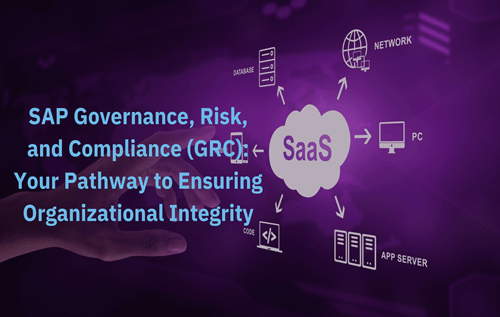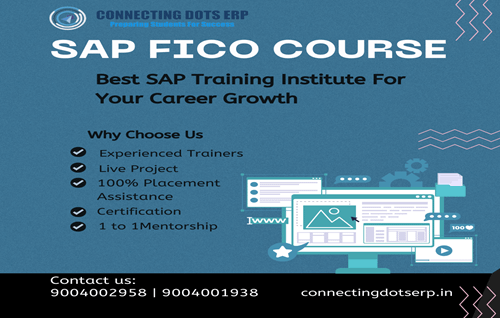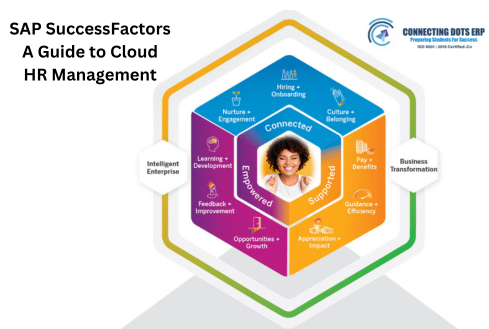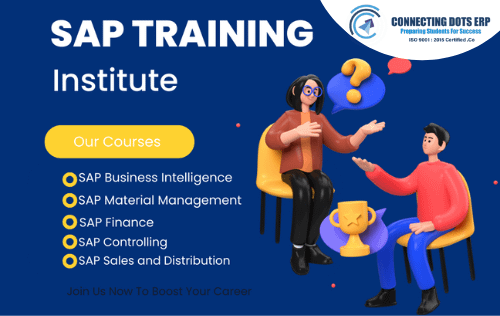What Are the Top 10 Highest Paying Jobs in India in 2024?
In 2024, India is witnessing a boom in highly specialized and well-paid jobs, driven by technology, finance, and digital transformation. For those pursuing advanced skills like SAP courses, data science courses, full stack Python courses, advanced data analytics courses, and digital marketing courses, the job market is full of high-paying opportunities. This article highlights the top 10 highest-paying jobs in India for 2024, with descriptions of each role and the companies targeting them.
1. Data Scientist
Data scientists continue to lead the pack when it comes to the highest-paying jobs in India. With organizations relying heavily on data to make strategic decisions, data scientists are indispensable. Their role involves analyzing vast amounts of data to uncover insights that can help businesses optimize operations, predict trends, and improve profitability.
Key Responsibilities:
- Analyzing complex datasets to derive actionable insights.
- Building predictive models using machine learning and AI algorithms.
- Collaborating with business stakeholders to solve key challenges.
Companies Hiring Data Scientists:
- Amazon
- Tata Consultancy Services (TCS)
- Infosys
- Accenture
Relevant Courses:
2. SAP Consultant
SAP consultants are highly valued across industries, particularly in finance, supply chain, and human resources. SAP systems help large corporations manage their operations efficiently, and consultants specialize in implementing, customizing, and maintaining these systems. With companies constantly upgrading their ERP (Enterprise Resource Planning) systems, the demand for SAP-certified professionals continues to grow.
Key Responsibilities:
- Configuring and customizing SAP modules.
- Providing SAP solutions based on business requirements.
- Training end-users on SAP systems and ensuring smooth operations.
Companies Hiring SAP Consultants:
- IBM
- Deloitte
- Capgemini
- HCL Technologies
- Wipro
Relevant Courses:
- SAP Course
- SAP FICO course in Mumbai
- SAP MM course in Mumbai
3. Full Stack Developer (Python)
The demand for full stack Python developers is at an all-time high, given the surge in web and mobile applications. Full stack developers proficient in Python are responsible for both the front-end (client-side) and back-end (server-side) development of applications. They work on various layers of the technology stack, including databases, servers, and APIs, to create seamless, user-friendly applications.
Key Responsibilities:
- Designing and building web applications.
- Managing databases and server infrastructure.
- Writing clean, maintainable code for both the front-end and back-end.
Companies Hiring Full Stack Developers:
- Flipkart
- Zomato
- Paytm
- Microsoft
- Byju’s
Relevant Courses:
4. Artificial Intelligence (AI) Engineer
AI engineers are pivotal in developing systems that simulate human intelligence. These professionals work on creating machine learning models, natural language processing algorithms, and robotics that help companies automate tasks, make data-driven decisions, and enhance customer experiences. AI engineering is a fast-growing field with incredible earning potential.
Key Responsibilities:
- Developing AI models and algorithms.
- Automating business processes using machine learning techniques.
- Implementing AI-driven solutions to solve real-world problems.
Companies Hiring AI Engineers:
- Tesla
- Facebook (Meta)
- Reliance Jio
- Mahindra Group
Relevant Courses:
- Advanced Data Analytics Course Mumbai
- Artificial Intelligence Course
5. Digital Marketing Manager
Digital marketing is the backbone of today’s businesses. A digital marketing manager oversees online campaigns, from SEO to social media advertising, and plays a key role in shaping a company’s online presence. With the surge in e-commerce and online services, digital marketing professionals are in great demand, and those with experience can command excellent salaries.
Key Responsibilities:
- Planning and executing online marketing campaigns.
- Managing SEO, PPC, social media, and email marketing strategies.
- Analyzing performance metrics and optimizing campaigns for better results.
Companies Hiring Digital Marketing Managers:
- Amazon
- Swiggy
- Nykaa
- Zomato
Relevant Courses:
6. Blockchain Developer
Blockchain developers are essential in creating secure, decentralized applications. As blockchain technology continues to revolutionize industries such as finance, supply chain, and healthcare, these developers are becoming highly sought after. Their role primarily involves developing blockchain protocols, smart contracts, and distributed applications.
Key Responsibilities:
- Developing and implementing blockchain-based solutions.
- Writing and deploying smart contracts.
- Ensuring data security and transaction integrity on blockchain platforms.
Companies Hiring Blockchain Developers:
- Wipro
- Infosys
- Tata Consultancy Services
- HCL Technologies
- Tech Mahindra
Relevant Courses:
- Blockchain Development Course
- Advanced Data Analytics Course
7. Cloud Architect
A cloud architect is responsible for overseeing a company’s cloud computing strategy. With more businesses moving to cloud-based systems, the demand for professionals who can design, build, and maintain cloud architecture has skyrocketed. Cloud architects ensure that all cloud systems are secure, scalable, and cost-effective.
Key Responsibilities:
- Designing and implementing cloud infrastructure solutions.
- Ensuring cloud architecture aligns with business objectives.
- Managing the migration of on-premises systems to the cloud.
Companies Hiring Cloud Architects:
- Amazon Web Services (AWS)
- Microsoft Azure
- Google Cloud
- Oracle
- IBM Cloud
Relevant Courses:
- Cloud Computing Course
- Advanced Data Analytics Course
8. Cybersecurity Expert
With the increasing number of cyber threats, cybersecurity experts are in high demand to protect sensitive data and systems. These professionals design and implement security protocols, detect vulnerabilities, and respond to cyberattacks. A strong grasp of ethical hacking, risk assessment, and cryptography is crucial in this role.
Key Responsibilities:
- Identifying and mitigating security risks.
- Implementing security measures and protocols.
- Responding to security breaches and cyberattacks.
Companies Hiring Cybersecurity Experts:
- KPMG
- EY (Ernst & Young)
- Tata Consultancy Services
- Infosys
- Accenture
Relevant Courses:
- Cybersecurity Course
- Advanced Data Analytics Course
9. Product Manager
A product manager is responsible for the end-to-end development of a product, from ideation to launch. They collaborate with cross-functional teams, including engineering, design, and marketing, to ensure that the product meets the company’s objectives and delivers value to customers. Product managers are critical in industries ranging from technology to consumer goods.
Key Responsibilities:
- Defining product vision and strategy.
- Leading cross-functional teams to deliver products on time.
- Monitoring product performance and making adjustments as necessary.
Companies Hiring Product Managers:
- Apple
- Amazon
- Flipkart
- Microsoft
Relevant Courses:
- Product Management Course
- Full Stack Python Course in Pune
10. Machine Learning Engineer
A machine learning engineer builds systems that allow computers to learn and make decisions without explicit programming. They work with vast datasets to train algorithms and create models that can make accurate predictions. With machine learning being applied in everything from healthcare to finance, these engineers are among the highest-paid professionals in India.
Key Responsibilities:
- Designing and implementing machine learning algorithms.
- Working with large datasets to build and improve predictive models.
- Collaborating with data scientists to develop innovative solutions.
Companies Hiring Machine Learning Engineers:
- Amazon
- Nvidia
- Microsoft
- Flipkart
Relevant Courses:
- Advanced Data Analytics Course
- Machine Learning Course
Conclusion: Future-Proof Your Career with the Right Course
In 2024, the job market is teeming with opportunities for professionals pursuing advanced courses in data science, SAP, Python development, and digital marketing. By upskilling with courses such as a data science course, SAP course, full-stack Python course, or advanced data analytics course, you’ll not only future-proof your career but also position yourself in one of these high-paying roles. Whether you aim to become a data scientist, SAP consultant, or full stack developer, the demand for skilled professionals in these fields is only going to increase in the years to come.










